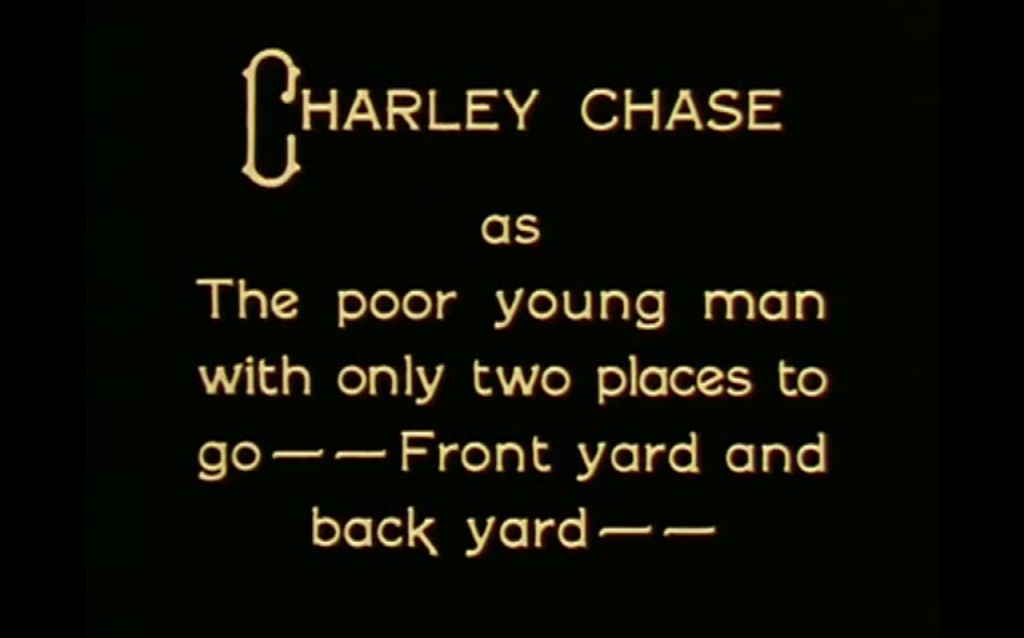By day, he’s a D.C.-based intellectual property lawyer. By night, he’s the leader of a jazz quartet with numerous private event gigs and plum spots on the D.C. jazz club and brunch circuits. At least that was the story until COVID hit earlier this year and almost all the live sessions vanished. Since March, Bob Schwartz has been more focused on his legal career, and sessions with his band, the Bob Schwartz Quartet, have been few and far between. “It’s been hard going from 70 gigs a year to just a few outdoor events and rehearsals,” he says, adding, ”Of course it’s been far harder on those who rely on music for a living — please find and support their virtual concerts.”

This Thursday, however, the Bob Schwartz Quartet (BSQ) will be together again—albeit masked and socially distanced with open windows and space heaters—as they play a mini concert during our Public Domain Day celebration, a free, virtual event highlighting the works that will be moving into the public domain in 2021.
Starting at 2:45pm PST, a full 15 minutes before the remarks start, Bob and his bandmates will be welcoming guests to the party with a selection of tunes from the public domain—those works that have passed out of copyright and are free for creators to remix, reuse, and redistribute at will.
In addition to the mini concert at the start of the celebration, BSQ will also be debuting a medley of portions of ten of the many great songs that will enter the public domain in 2021. “I knew that David Berger and Chuck Israels, the creators of the Music Library Association’s Public Domain Song Anthology, are nearing completion of a 1924-1925 supplement,” Bob recounts. “They sent me their progress sheets on dozens of these wonderful songs. We chose segments from ten to join together into a 6-minute medley.”
To send our guests off with toes tapping, BSQ will play another selection of public domain songs to close out our show. BSQ’s planned setlist includes:
Entrance Music
Annie Laurie – Lady Alicia Scott ~1834 to fit a William Douglas (~1682 – 1748) poem.
My Melancholy Baby – Ernie Burnett / George A. Norton 1911 / 1912
Look For The Silver Lining – Jerome Kern / B.G. (Buddy) DeSylva 1919Medley (Mashup) of Songs Published in 1925
If You Knew Susie – Joseph Myer & Buddy DeSylva
I’m Sitting On Top of the World – Ray Henderson / Sam M. Lewis
Always – Irving Berlin
Dinah – Harry Akst / Sam M. Lewis & Joseph Young
Five Foot Two – Ray Henderson / Sam M. Lewis & Joseph Young
Yes Sir, That’s My Baby – Walter Donaldson / Gus Kahn
Clap Hands, Here Comes Charlie — Billy Rose, Ballard MacDonald, Joseph Meyer
Bye Bye Blues – Fred Hamm, Dave Bennett, Bert Lown, Chauncey Gray
Manhattan – Rodgers & Hart
Sweet Georgia Brown – Ben Bernie & Maceo Pinkard / Kenneth CaseyExit Music
Who’s Sorry Now? – Ted Snyder / Bert Kalmar & Harry Ruby 1923
All By Myself – Irving Berlin 1921
Ja-Da – Bob Carleton 1918 / Jerome Avenue – Bob Schwartz original largely on Jada chord progression. (A note from Bob: Chord progressions are PD—I actually based my tune on Sonny Rollins’ 1954 Doxy, now a jazz standard. A reason why these PD anthologies are so vital for music education.)
Reflecting on the music in the medley, Bob notes that unlike the Anthology, which took years to prefund and is distributed free of charge under the terms of the CC0 1.0 Universal Public Domain Dedication license, there is no prefunding for the 1924-1925 Supplement. If you are interested in helping support its production, you can sign up for notifications about the project. Viewers might also be interested in learning more about Berger’s massive archival project on Duke Ellington’s music.
Tickets are still available for the Public Domain Day celebration, which is being cohosted by Creative Commons, the Center for the Study of the Public Domain, Internet Archive, SPARC, and Wikimedia Foundation. Registration for the virtual event is free and open to the public. The session will be recorded for those who cannot attend synchronously.
BSQ (Bob Schwartz Quartet) is:
Bob Schwartz (Constantine Cannon LLP) tenor sax & flutes
Ralph Cornwell (JHU Applied Physics Lab) vibraphone
Herb Nachmann (BAE Systems, Inc., ret.) acoustic bass
Alan Kirschenbaum (Hyman, Phelps & McNamara, P.C.) drums
Nina Schwartz (Impulse Graphics LLC) vocals
Learn more & connect with BSQ





































